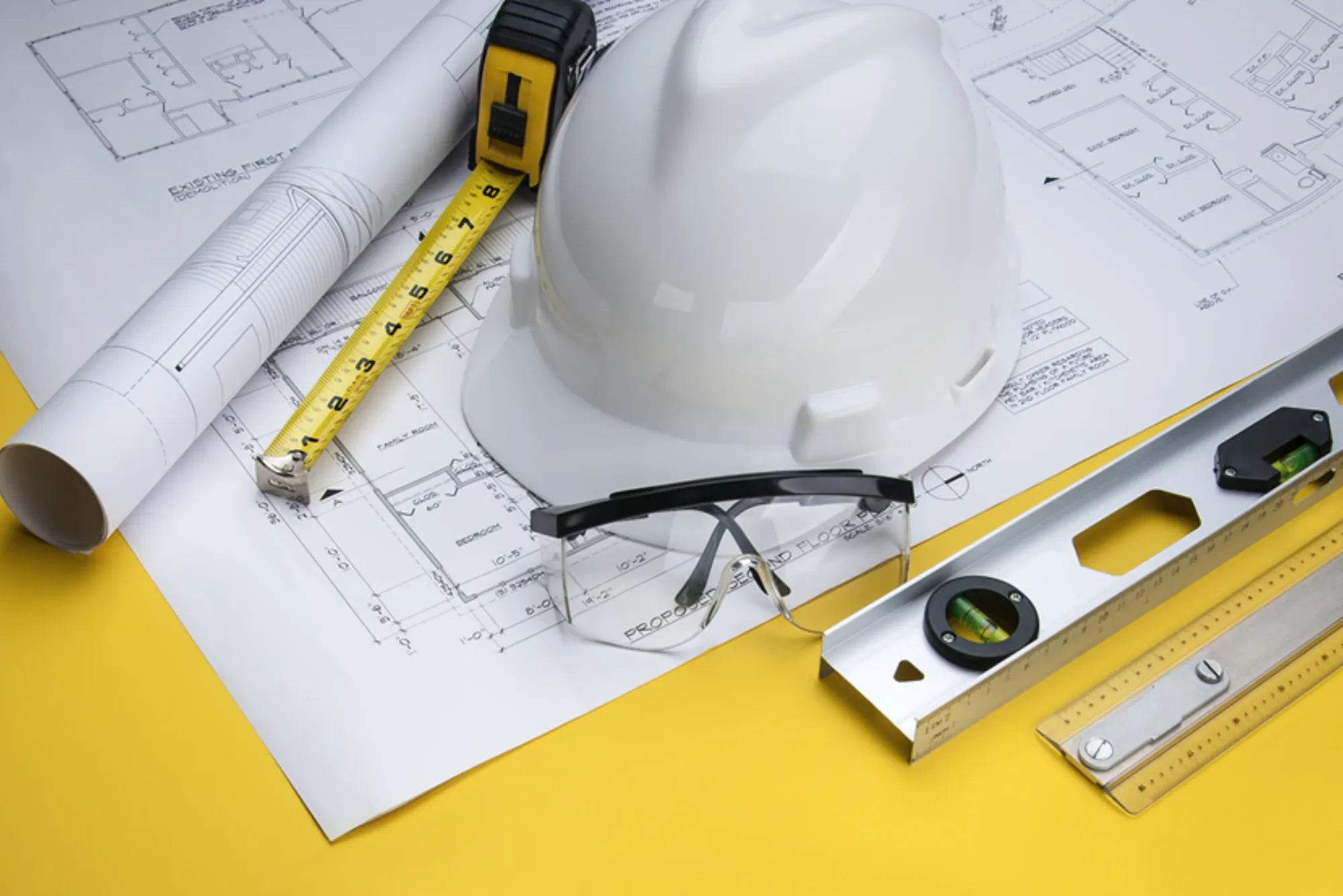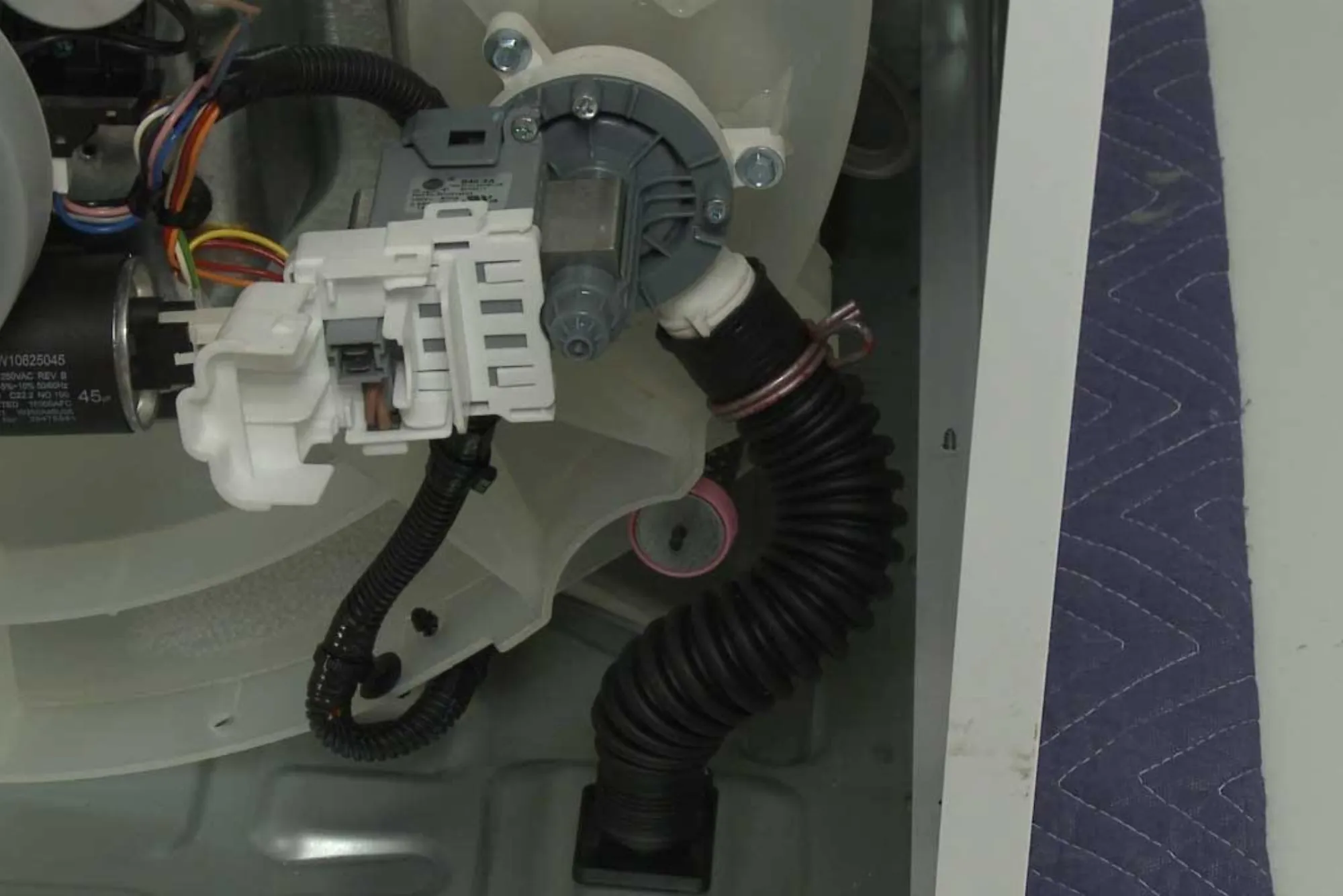In the construction world, effective project management is key to completing successful builds. For companies like Capital Associated Building Contracting, using the right strategies ensures that projects are finished on time, within budget, and meet client expectations. Every construction project has unique challenges, but certain management strategies can be applied universally to improve outcomes.
1. Set Clear Objectives from the Start
Every project should begin with clearly defined goals. These objectives need to be understood by all stakeholders, including the client, contractors, and project managers. Without a well-established direction, construction can quickly go off track. Setting specific milestones, deadlines, and success criteria ensures everyone is working towards the same end result.
Effective communication is essential during this phase. Holding meetings to discuss project details ensures that each team member knows their role and what is expected of them. When objectives are clear, it becomes easier to monitor progress and make adjustments if needed.
2. Develop a Comprehensive Plan
Before starting a project, a detailed plan is crucial. This plan should include timelines, resource allocation, risk assessments, and contingency plans. A well-thought-out plan acts as a roadmap, guiding teams through each phase of construction. It also provides a way to identify potential roadblocks and develop solutions before problems arise.
Timelines need to be realistic. Pushing for overly ambitious deadlines can lead to rushed work, mistakes, and unnecessary stress. Breaking the project into smaller tasks with individual deadlines helps maintain progress while keeping the overall schedule manageable.
3. Use Advanced Project Management Software
Technology plays a significant role in modern construction projects. Advanced project management software can streamline many tasks that were once done manually. From tracking progress to managing resources, these tools make it easier to stay organized and on top of every aspect of the build.
Software also allows for real-time updates, which improves communication across teams. Any changes or updates can be shared instantly, minimizing delays caused by miscommunication. In addition, these tools provide valuable data that can be used to assess performance and improve future projects.
4. Allocate Resources Wisely
Effective resource management is critical to the success of any construction project. This includes both human resources and materials. Ensuring that the right people are assigned to the right tasks can improve efficiency and reduce errors.
It’s equally important to ensure that materials are available when needed. Delays in material delivery can halt progress and result in costly downtime. Building strong relationships with suppliers can help prevent these delays. Having backup suppliers on standby is also a good practice in case of unforeseen issues.
5. Implement Risk Management Strategies
Risk is a part of every construction project, but it can be managed. Identifying potential risks early allows for better preparation and response. This includes assessing everything from weather-related delays to supply chain issues and regulatory hurdles.
A strong risk management plan will outline how to handle each potential risk. Having contingency plans in place ensures that if something goes wrong, the project can continue with minimal disruption. Risk management also includes being prepared to adjust budgets and timelines if needed to accommodate unforeseen issues.
6. Monitor Progress Consistently
Regularly monitoring progress is one of the most important tasks for a project manager. It helps identify any deviations from the plan early on, allowing for quick adjustments. This prevents small issues from snowballing into larger problems that could derail the entire project.
Daily reports from on-site managers provide a clear picture of what is happening on the ground. Comparing these reports with the original plan helps ensure that everything is on track. If a delay occurs, it can be addressed immediately, minimizing its impact on the overall timeline.
7. Encourage Open Communication
Open and honest communication is essential in project management. All team members should feel comfortable sharing updates, concerns, and suggestions. Fostering a culture of communication helps prevent misunderstandings and ensures that everyone is on the same page.
Regular meetings with stakeholders also provide an opportunity to discuss progress and address any concerns. It is better to address issues immediately rather than allowing them to persist and grow. Encouraging feedback from everyone involved helps improve processes and outcomes in the long run.
8. Prioritize Quality Control
While meeting deadlines is important, quality should never be sacrificed. Regular quality checks throughout the construction process help ensure that work is being done to the required standard. Waiting until the end of the project to inspect for quality can lead to costly rework and delays.
Establishing a quality control process that includes regular inspections at key points in the project ensures that any issues are identified early. Addressing these issues promptly prevents them from becoming more significant problems later on.
9. Adapt to Changes Quickly
No project is immune to change. Whether it’s a shift in client preferences, unexpected weather conditions, or a materials shortage, successful project managers need to be flexible and ready to adapt. Building flexibility into the project plan makes it easier to adjust when unexpected changes occur.
Adapting to change doesn’t mean abandoning the project’s core objectives. It involves finding ways to meet new challenges without sacrificing quality or significantly altering the timeline. An agile approach to project management ensures that the project continues moving forward even in the face of unexpected changes.
10. Build Strong Relationships with Stakeholders
Strong relationships with all stakeholders are vital to the success of a construction project. These relationships include not just the client but also contractors, suppliers, and regulatory authorities. Maintaining open lines of communication and addressing concerns quickly helps build trust and prevents conflicts from arising.
Happy stakeholders are more likely to continue working with you on future projects, creating long-term business opportunities. Building positive relationships also improves the likelihood that any issues that arise will be handled cooperatively, rather than contentiously.
11. Stay Within Budget
Managing a project’s finances is just as important as managing its timeline and quality. Cost overruns can derail a project and damage the company’s reputation. A well-managed budget ensures that the project remains profitable while meeting the client’s expectations.
Regularly reviewing financial reports helps keep spending in check. Identifying areas where costs can be reduced without compromising quality is also essential. Being transparent with clients about costs and any potential budget changes fosters trust and keeps everyone aligned on financial expectations.
12. Conduct a Final Review and Debrief
Once the project is completed, a final review is essential. This review should cover not only the project’s outcomes but also the processes used throughout. What went well? What could have been done better? These insights will inform future projects, improving efficiency and success rates.
A debrief with all team members provides an opportunity to discuss lessons learned and areas for improvement. This process ensures that knowledge gained during one project is carried over to the next, continually improving the company’s project management approach.
Conclusion
For Capital Associated Building Contracting, using these top project management strategies ensures that every construction project runs smoothly from start to finish. Setting clear objectives, developing detailed plans, managing risks, and maintaining open communication all contribute to a successful build. By focusing on these principles, the company can continue delivering high-quality results that meet client expectations.
Looking for expert project management for your next construction project? Capital Associated Building Contracting is here to help. Contact them today via https://capitalassociated.com/ to learn more about how they can make your project a success.
















